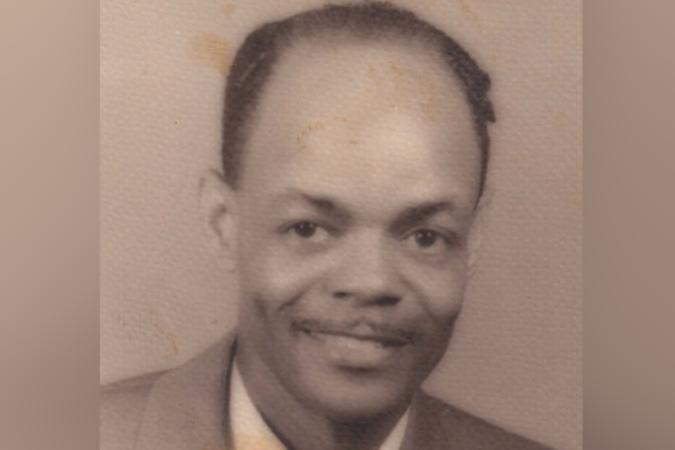Many people in medtech credit inventor Earl E. Bakken as the creator of pacemakers and cardiac rhythm devices, but without the technology innovated by American inventor Otis Boykin those inventions would fail to exist today.
Otis Frank Boykin, a Dallas native and electronic inventor, is the individual responsible for inventing the wire precision resistor — a type of technology that “enabled manufacturers to accurately designate a value of resistance for an individual piece of wire in electronic equipment,” Black Past reports.
Before pursuing a life-long career as an inventor, Boykin attended Fisk University in Nashville, Tennessee where he graduated from in 1941, Black Inventor notes.
He later took a job as a laboratory assistant with the Majestic Radio and TV Corporation in Chicago, Illinois and left shortly after to start his own company, Boykin-Fruth Inc.
At the same time, he also decided to go back to school and pursue his graduate studies at the Illinois Institute of Technology. Although he attended classes between 1946 and 1947, he was forced to drop out due to the financial burden of tuition.
Even in the midst of battling an era of racial segregation and being unable to finish out his studies, Boykin managed to obtain his first patent in 1959 for his groundbreaking invention, Face2Face Africa reports.
“Two years later, he created an even better resistor that could be manufactured inexpensively and withstand extreme temperature changes and shock,” Black Inventor shares. “A low-cost product that was more reliable, the invention brought Otis Boykin to the forefront of American electronics.”
According to Face2Face Africa, Boykin’s work on the wire precision resistor made it possible for variations of his innovation to steady the inner workings of a vast selection of electrical devices — including televisions, radios, computers, guided missiles, and most of all, pacemakers.
Pacemakers — which are small devices used to regulate a person’s heart beat at a normal rate and rhythm — were created by medtech pioneer Earl E. Bakken in the late 1950s in an effort to treat people with serious heart conditions.
Thanks to Boykin, his contributions were able to help modernize the medical field and pave the way for other inventors like Bakken to improve their game-changing technology.
According to MIT, Boykin’s achievements with pacemakers and other devices led him to later work as a consultant in the U.S. and Paris from 1964 to 1982. During this time, he continued his work on resistors through the remainder of his life.
Outside of a wire precision resistor, Boykin also created an electrical capacitor, an electrical resistance capacitor, and a number of electrical resistance elements. He’ s also known for creating a range of consumer-level innovations, including a burglar-proof cash register and a chemical air filter, MIT reports.
Boykin died of heart failure in Chicago in 1982 at the age of 62. He went on to earn over 25 patents for his inventions in his lifetime, some of which have been regarded as the greatest technological advancements in the medical field.
His invention has helped save and extend the lives of hundreds of thousands of people, and to this day is used in many utilities in homes and offices around the world.

